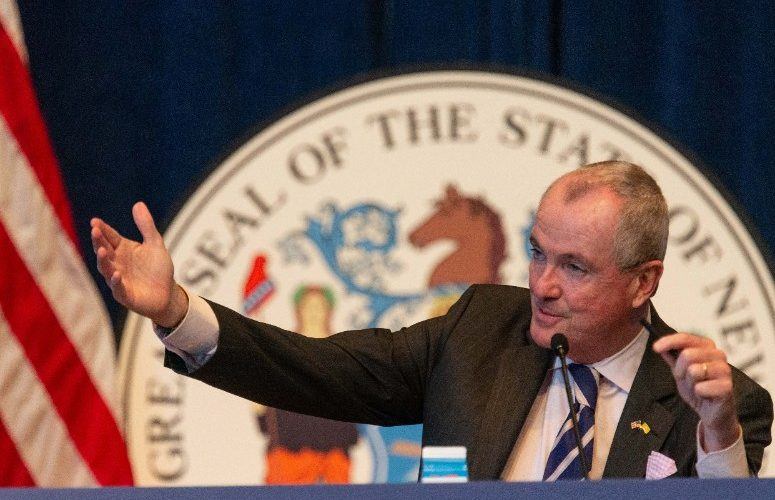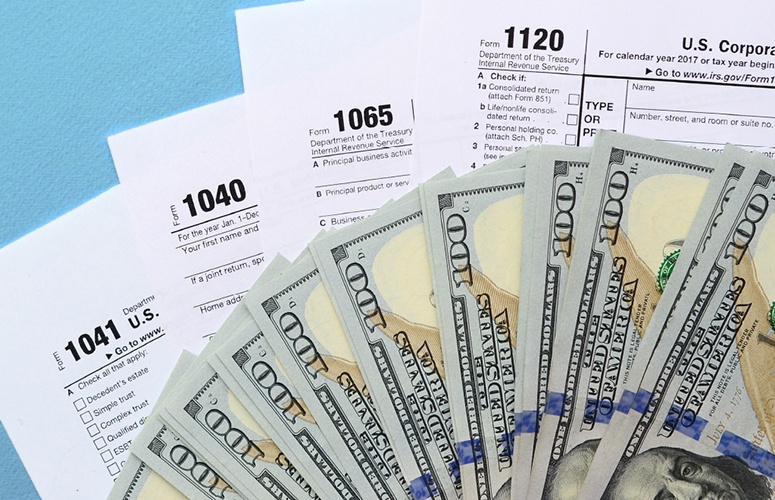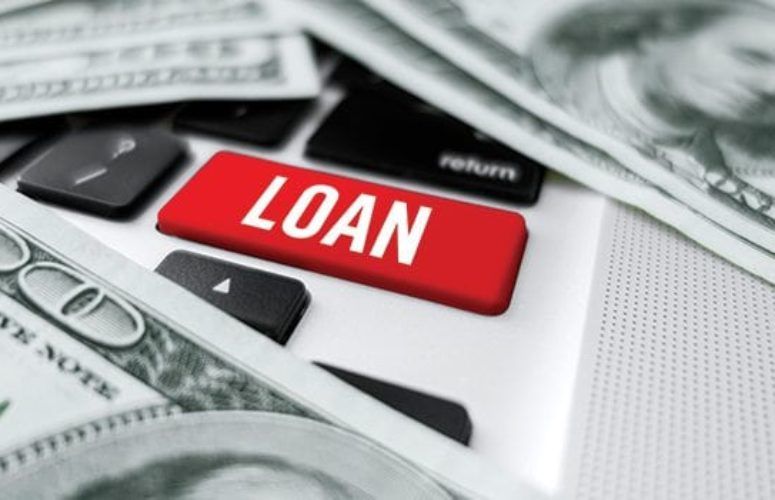
Long Road to Economic Recovery Ahead
By Michele N. Siekerka, NJBIA President and CEO On Jul 29, 2020Although the surprise early-summer gains in employment and retail sales announced by the federal government are encouraging, the road to economic recovery will still be a long one for New Jersey businesses after enduring months of closures and operating restrictions to slow the spread of COVID-19.
Nearly half of business owners we surveyed recently told us they expect it will take at least 10 months or more to generate revenues comparable to pre-COVID profits, and 12% don’t believe they ever will get back to that level. In short, New Jersey business owners are telling us the impact of the state’s economic shutdown and the slow reopening process will be felt for a long time to come.
The financial hit to the business community has been substantial. NJBIA’s survey, which was conducted in mid-June in partnership with Focus NJ, found nearly 65% of businesses have lost revenue because of COVID-19 related shutdowns and operating restrictions. To make ends meet, 61% of respondents, which included both for-profit and nonprofit businesses, have had to take out loans, tap into credit lines, apply for government aid or seek donations.
During this crisis, NJBIA has led the fight to help New Jersey businesses survive. We quickly assembled a coalition of more than 100 business and nonprofit groups that has successfully pushed for expanded federal grant and loan programs for small businesses. Later, the coalition made recommendations to our congressional delegation for program improvements so that more New Jersey businesses would have access to these funds.
On the state level, the New Jersey Business Coalition has made a series of recommendations to the Legislature to provide COVID-19 relief to businesses, and some have become law. We continue to advocate for other bills still pending, including sensible legislation to protect businesses from frivolous COVID-19 related liability lawsuits if they have reopened in a safe, responsible manner that followed federal and state guidance.
NJBIA and the New Jersey Business Coalition have also been in regular communication with Gov. Phil Murphy’s office and the heads of state agencies to shape policy decisions affecting New Jersey businesses, and to provide our members with the information they need about regulatory changes and executive orders issued in response to the pandemic.
For example, when Executive Order 157 was signed, allowing indoor museums, aquariums, bowling alleys, batting cages, shooting ranges and arcades to reopen at 25% capacity if safety protocols are followed, it left businesses offering other indoor recreation activities, such as dance or music lessons, confused about their status.
NJBIA immediately banded these businesses together and issued a letter to the governor explaining why it was appropriate to include businesses such as dance studios and facilities for karate, arts and crafts, music lessons, theater programs, indoor tennis, and yoga. As a result of our work with the governor’s staff, in early July the state included these businesses on the COVID-19 FAQ list of businesses permitted to reopen at 25% capacity with required face coverings and other safety protocols.
The ability of more New Jersey businesses to reopen is good news, but operating restrictions placed upon them and other factors are impacting profitability and making the road to recovery longer and more stressful. For those businesses still under a forced shutdown as this column goes to press, the situation is bleaker, and some may never recover at all.
Our message is that any business able to reopen in a safe and responsible manner should be permitted to do so. Their livelihoods depend on it, as does New Jersey’s economic future.
To access more business news, visit NJB News Now.
Related Articles:





